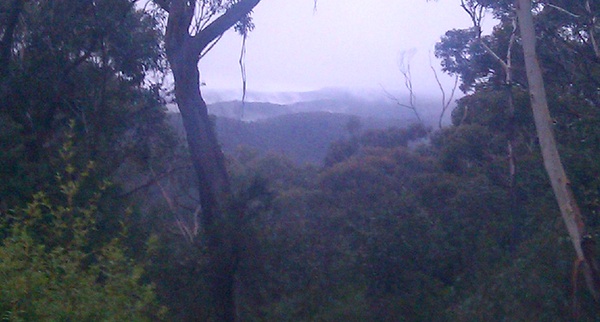A weekly summary of what I’ve been doing elsewhere on the internets. Last week was busy enough, but this week was even busier. Something’s gotta give.
Podcasts
- Patch Monday episode 94, “ISP filtering goes ‘voluntary'”. Even though Australia’s controversial mandatory internet filtering program is at least two years away from being implemented, internet service providers will soon start filtering child exploitation material on a voluntary basis. My guests are Peter Black, who teaches internet and media law at the Queensland University of Technology; Network engineer Mark Newton; Lyle Shelton, chief of staff of the Australian Christian Lobby.
Articles
- The only NBN monopoly seems to be on ignorance, for ABC Drum Opinion. My response to opponents of the National Broadband Network claiming that it’ll destroy competition in the telecommunications industry.
- Internet filtering isn’t compulsory, but everyone will volunteer, for Crikey, covering the recent news the “voluntary” of filtering of the internet will soon begin in Australia, covering child exploitation material only.
- Voluntary filtering removes the controversy, for CSO. In this op-ed I explain how the voluntary filtering makes sense technically and politically, if not necessarily for effective child protection.
- Drug spam rules, thanks to WikiPharmacy: Symantec, for CSO. It’s a shame I didn’t notice that my headline is a crash blossom.
- If Facebook killed Myspace will Google+ kill THE social network? Crikey. At rather short notice, when I’d already been up very early to wrote two other articles, I was asked to write a piece covering the news of both Google launching Google+ and Myspace being sold for UD 35 million and how that’d affect Facebook. This is what resulted.
- Interpol blacklist goes live in Canberra, for ZDNet Australia. “Voluntary” internet filtering started on Friday.
Media Appearances
Two radio spots this week, and a guest appearance on someone else’s podcast.
- On Wednesday I spoke with ABC Gold Coast about Google+ and how it’ll affect Facebook. There’s audio at the link.
- On Thursday I was talking about information security for business on Phil Dobbie’s BTalk podcast.
- On Friday I was talking about Myspace, Google+ and Facebook on ABC 774 Melbourne. Again, there’s audio at the link.
Corporate Largesse
None. I am reliably informed that the drought will be broken next week.
Elsewhere
Most of my day-to-day observations are on my high-volume Twitter stream, and random photos and other observations turn up on my Posterous stream. The photos also appear on Flickr, where I eventually add geolocation data and tags.
[Photo: A misty dawn at Bunjaree Cottages, 1 July 2011. This is the view from Roselle Cottage, not normally rented to the punters. The much-battered camera in my phone does not do this scene justice.]



